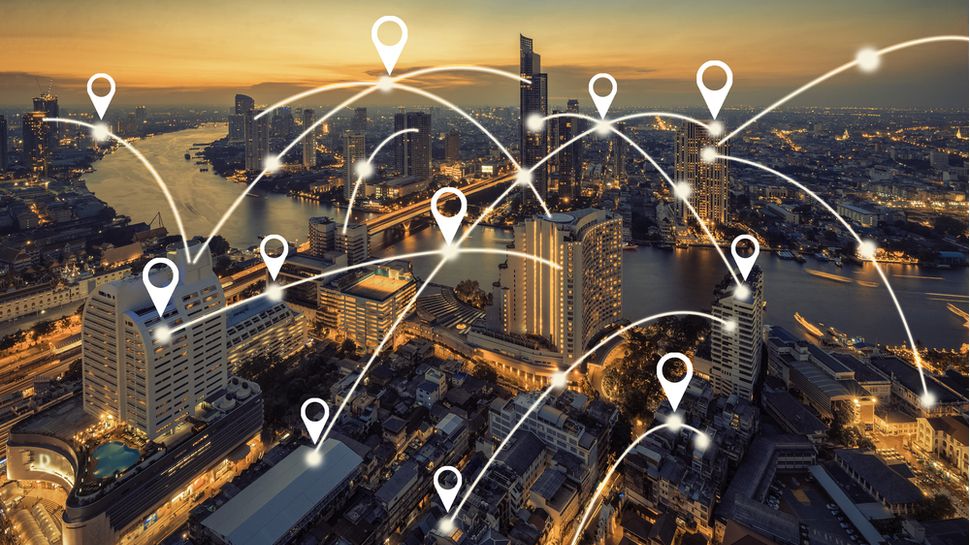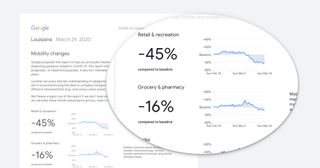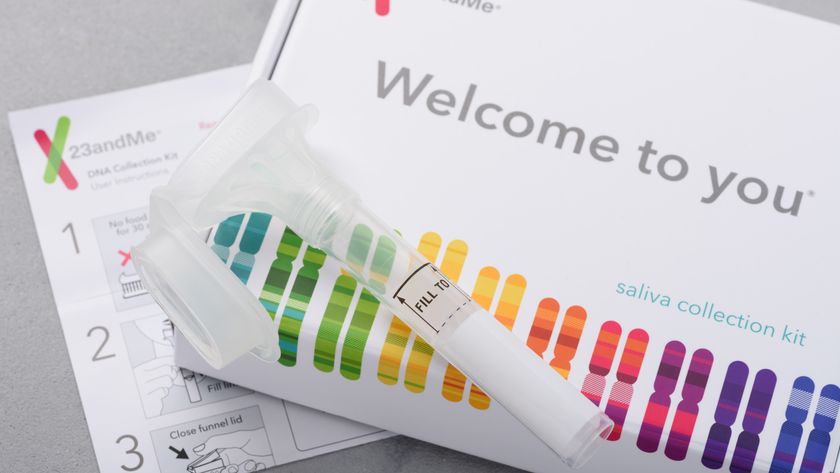Google using phone location data to show the impact of lockdown
Data could be helpful in fighting global spread of virus

Google has released a report to show how effectively coronavirus-mandated lockdown guidelines are being followed across the world.
Covering 131 countries, the findings reveal that lockdowns have already severely altered the lifestyle habits of people in many countries, showing major drops in visits to shops, public transit and parks.
Google is making its data available for a limited time for public health officials to help them combat the pandemic and stop it from spreading further, but the online giant has already faced criticism over possible privacy invasions.
- Beware these new coronavirus email scams
- Hackers target WHO as coronavirus spreads
- Amazon Prime deliveries delayed by coronavirus
Mobility data
Google claims that it has followed stringent privacy policies while collecting the data, saying that no personally identifiable information, such as an individual’s location, contacts or movement, will be made available to anyone.
Instead, the anonymised data was gathered from smartphones where users have turned on location tracking and history functions.
Google’s reports shows a traffic comparison during five weeks of lockdown between February 16 to March 29. They cover various public places including subway, transit stations, parks, grocery stores and workplaces against a corresponding day and time from a five-week period in January.

The report highlights that countries which are worst hit by the pandemic, including Italy, UK, Spain and Germany, experienced a major dip in visits to places like restaurants and movie theatres. Retail and recreation places in Italy and Spain saw a 94% dip in the footfall while 85% of Britons skipped visiting these places during the lockdown period.
Are you a pro? Subscribe to our newsletter
Sign up to the TechRadar Pro newsletter to get all the top news, opinion, features and guidance your business needs to succeed!
The number of visits to groceries and pharmacies in Italy fell by 85% and 76% in Spain. Transit stations also saw a major drop in footfall across all these countries. Visits to parks and pharmacies also dropped drastically but the numbers vary according to the severity of the crisis in the country.
Since most of the public transport facilities are closed in these countries and the law enforcement agencies are ensuring that citizens do not go outside, visits to workplaces have also come down. As a majority of employers have shifted to a remote work environment, increased visits to residential locations also underline the same.
The numbers of Japan and the United States reveal a rather relaxed environment, comparatively. as government officials and agencies are urging people to maintain social distance.
Visits to retail and recreational places and transit stations have come down by half in the US, although only minor impacts can be seen on visits to the parks and grocery & pharmacies.
Social media giant Facebook is said to have shared data with the researchers and a similar report is being published to aid government agencies, however, no data has been made public yet.
It is reported that globally, over a million people are infected by Covid-19 and it has resulted in over 52,000 deaths already. Insights based on location data can be really helpful for governments in their fight against the virus.
Though govt. agencies are also trying to alert people, based on their location data, about possible close contact with Covid-19 positive patients, privacy activists are of an opinion that these measures can be invasive and can compromise privacy.
- Keep your privacy secured with our choice of the best VPN software of 2020
Via: Google
Jitendra has been working in the Internet Industry for the last 7 years now and has written about a wide range of topics including gadgets, smartphones, reviews, games, software, apps, deep tech, AI, and consumer electronics.















